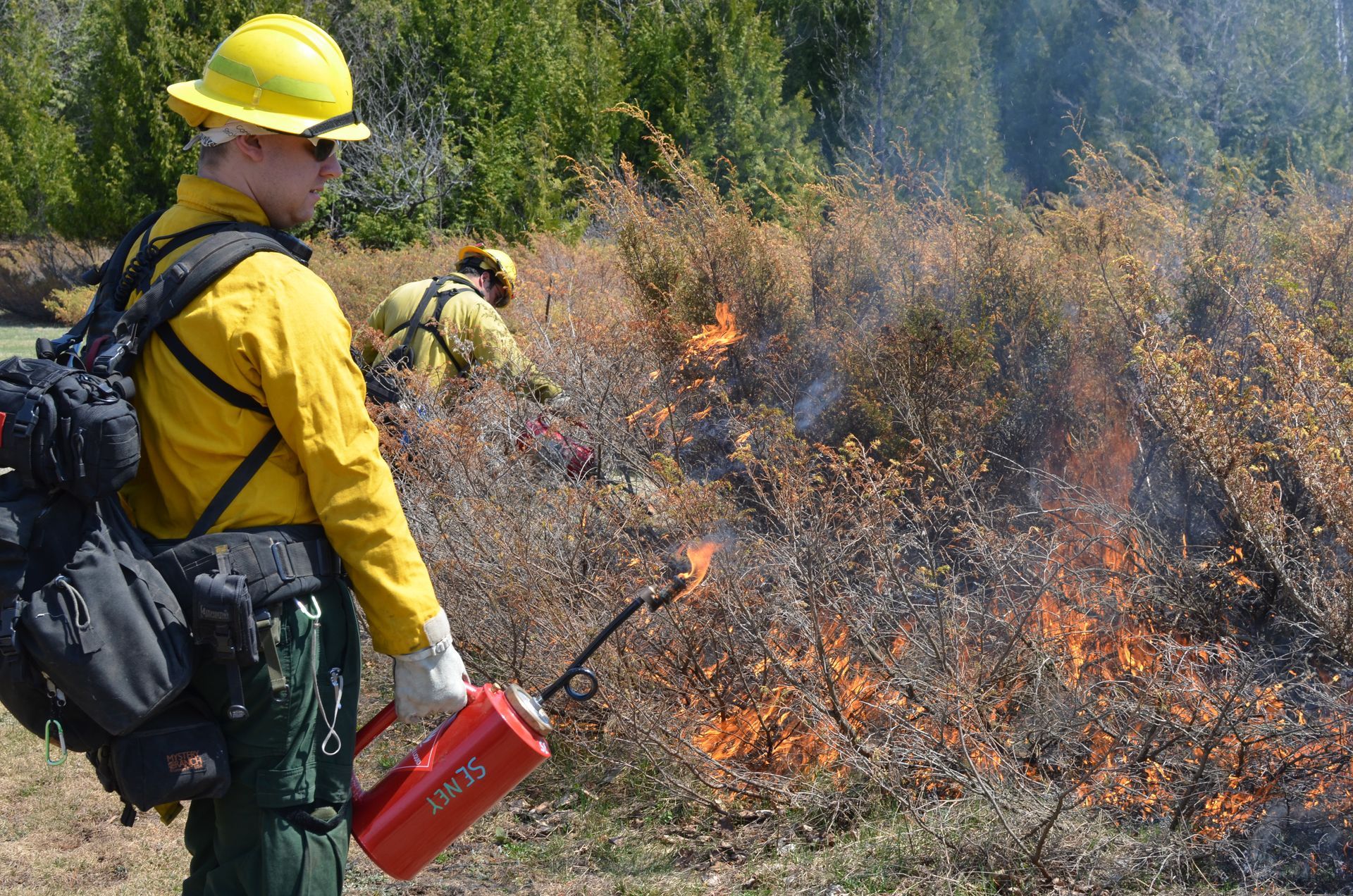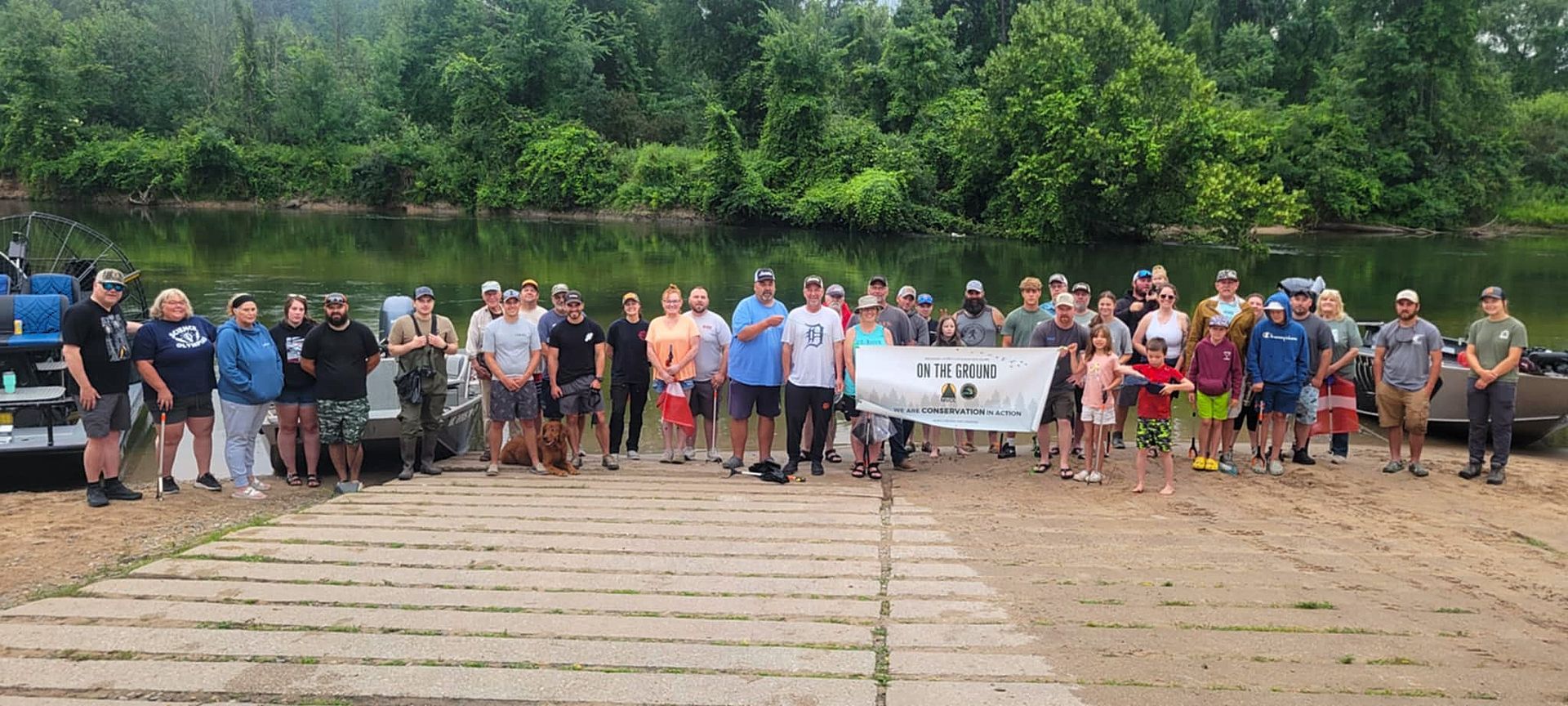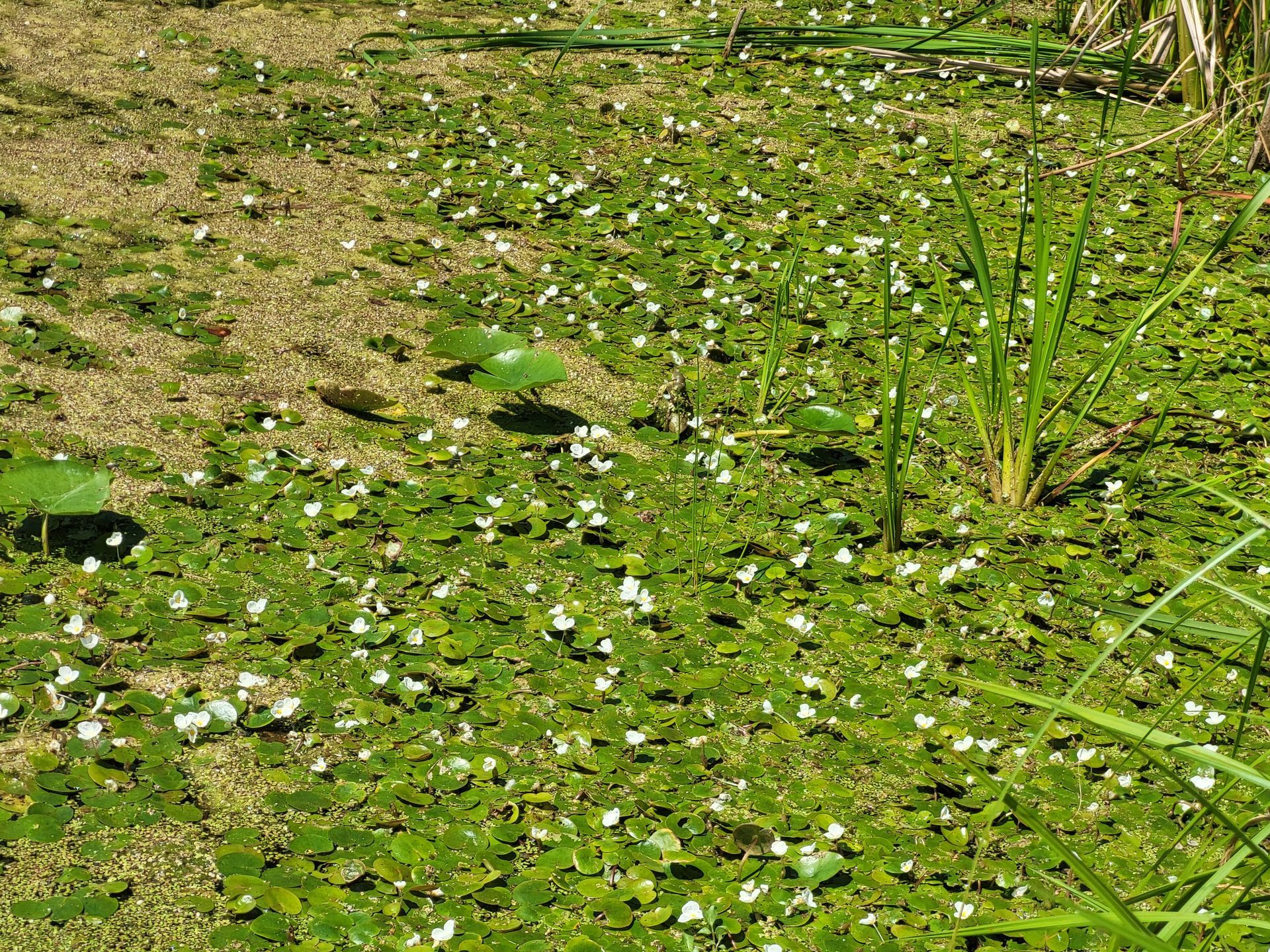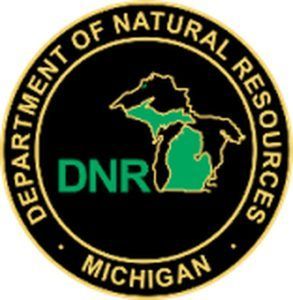The Importance of Fire in Michigan
Historical Impacts
Historically, Michigan’s vast forests and grasslands have evolved to be dependent on fire over time. Certain species, including the native Jack Pine, have adapted to become fire-dependent for reproduction. Although some stakeholders may support preferences for wildlife, it is important to understand the habitats that native wildlife depend on as well. Fellow bird enthusiasts may appreciate the significance of Jack Pine reproduction and perpetuation for species such as the Kirtland’s Warbler. The USDA (U.S. Department of Agriculture) Forest Service removed this bird from the Endangered Species list in 2019 per the after imitation of natural disturbances such as fire through Jack Pine stands achieved the desired stand attributes. Jack Pines rely on fire as the pinecones they create only open and disperse seeds when exposed to extreme heat. Hence, when wildfires or prescribed burns occur, the Jack Pine can spread and species reliant on young stands such as the Kirtland’s Warbler will again be able to establish.
Considerations
While wildfires often have a negative connotation associated with their occurrences due to impacts on residential areas, prescribed burns emulate similar impacts while safety is emphasized through control. Fires in the landscape improve habitat for wildlife, control invasive species, promote regeneration of native biomes, and decrease the risk of uncontrolled fires negatively impacting communities. While organizing prescribed burns, natural resource professionals create a plan tailored toward creating a predetermined outcome. For a burn to achieve the desired outcome, the planning must take into consideration variables including seasonality, wind, precipitation, etc. During the burn, professionals note changing variables for safety and productivity as described by the Michigan Department of Natural Resources.
Learn More
Want to dive deeper into the importance and procedures of prescribed burns in Michigan? Visit the Prescribed Burns page of Michigan DNR and check out the interactive Map. The Michigan Prescribed Fire Council also has resources regarding how prescribed burns work and how to get involved.


Recent Posts



